detail profile addison anderson
Peran Yang Di Mainkan Addison Anderson
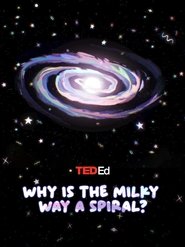 Thirteen billion years ago the gas...
Thirteen billion years ago the gas...TED Ed: Why is the Milky Way a Spiral? 2024
Thirteen billion years ago, the gas and dust particles that eventually became our Milky Way were whizzing around in every direction. Despite the wild motion of its parts, the galaxy as a whole was rotating about an axis. So why did the Milky Way, like most galaxies, become flat, and not spherical like stars and planets?
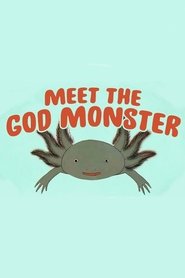 Axolotls are one of sciences most...
Axolotls are one of sciences most...These Salamanders Snack on Each Other (But Don't Die) 2021
Axolotls are one of science’s most studied animals. Why, you ask? These extraordinary salamanders are masters of regeneration: they can flawlessly regenerate body parts ranging from amputated limbs and crushed spines to parts of their eyes and brains. So, how do they do it? And what other secrets are they keeping? Luis Zambrano explores the baffling biology of the axolotl.
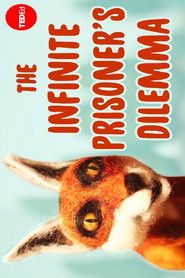 Two perfectly rational gingerbread men Crispy...
Two perfectly rational gingerbread men Crispy...How to Outsmart the Prisoner's Dilemma 2020
Two perfectly rational gingerbread men, Crispy and Chewy, are out strolling when they’re caught by a fox. Instead of simply eating them, he decides to put their friendship to the test with a cruel dilemma. He’ll ask each gingerbread man whether he’d opt to Spare or Sacrifice the other. What should they choose? Lucas Husted dives into the classic game theory scenario: the Prisoner's Dilemma.
 What do fans of atmospheric postpunk...
What do fans of atmospheric postpunk...A Brief History of Goths 2017
What do fans of atmospheric post-punk music have in common with ancient barbarians? Not much ... so why are both known as “goths”? Is it a weird coincidence – or is there a deeper connection stretching across the centuries? Dan Adams investigates.
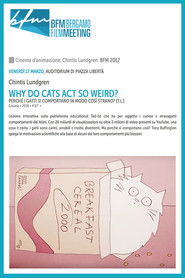 Theyre cute theyre lovable and judging...
Theyre cute theyre lovable and judging...Why Do Cats Act So Weird? 2016
They’re cute, they’re lovable, and judging by the 26 billion views on over 2 million YouTube videos of them, one thing is certain: cats are very entertaining. But their strange feline behaviors, both amusing and baffling, leave many of us asking: Why do cats do that? Tony Buffington explains the science behind some of your cat’s strangest behaviors.

 Three generations of women attempt to...
Three generations of women attempt to...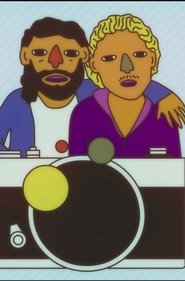 Learn about the life and tragic...
Learn about the life and tragic... An underground trivia legend in NYC...
An underground trivia legend in NYC...